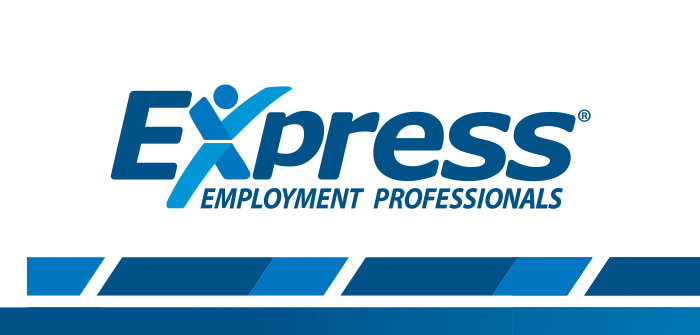By Caleb Yen on Friday, November 8, 2019
With more than 500,000 call center job openings across the nation annually, employees are in high demand for this field. From inbound to outbound, customer service to sales, and everything in between, calls center jobs fit most personalities. If you’re looking for a job that has flexible hours, equitable compensation, and requires little to no experience, becoming a call center representative might be the right fit for you.
When you think of a call center, the first image that comes to mind might be a a huge room filled with dozens to more than hundreds of people lined up dialing frantically like drones. In reality, there are a variety of settings in which call centers function. Some call centers can be part of a larger organization or stand alone, while others are virtual, allowing employees to work from home. And all shifts are covered within different call centers, you name it, there’s a call center operating no matter the time, day, or even holiday.
And technology always plays a big role. The majority of call centers invest in autodial systems and software that tracks every interaction you have with a client.
Which type of call center experience best suits you?
Traditional
If you like the bustle of an office and would rather be around a lot of people than be isolated, look at applying for jobs at a call center in a more traditional setting. Your workspace may be quite small to maximize the number of people able to work at one time. After all, the only items on your desk are usually a computer, phone, and notepad. With so many people in one room, it can become quite boisterous, fueling the energy required to stay positive and reach your goals.
Virtual
Prefer to stay at home? A virtual call center will literally make you feel right at home. Since you’re working from home, it’s your responsibility to set up your workspace to be as efficient as possible. You’ll be required to have a fast internet connection and a computer and phone system that supports software to track your calls, goals, and customer interactions. Since you’re left to your own devices, staying focused and on task is very important.
Outbound
If you are an outbound call center representative, you’re typically selling goods or services, developing customer relations, conducting surveys, or following up on customer inquiries. Outbound call center reps are high energy, calm under pressure, and can handle hearing the word “no.” Successful outbound reps are also goal oriented, efficient, and enjoys a fast-paced atmosphere.
Some companies encourage their call center representatives to celebrate their wins by way of ringing bells, blowing horns, or cheering.
Inbound
Inbound call center representatives answer client inquiries ranging from billing to tech issues to complaints. Key characteristics of an inbound call center rep are problem solving skills, being a good listener, having a friendly demeanor, and possessing the ability to build rapport with the caller.
What are the pros and cons of working in a call center?
The downside of working in a call center is dealing with upset customers who are trying to resolve an issue. Tensions can run high when you’re attempting to solve problems with a customer’s order, account status, payments, and more. And if you’re an outbound rep who sells goods and services, hearing the word “no” and being hung up on several times a day can wear on even the most confident personality types.
One thing that makes working in a call center appealing is that little to no experience is required. A call center is a great place to build your resume or to dip your toe back into the workforce if you’ve been away for an extended period of time. Depending on the job requirements, call center jobs can pay anywhere from $10 – $26 an hour, and that’s not including bonuses, overtime opportunities, and other benefits.
Job titles associated with call center reps include customer service representative, switchboard operator, answering service representative, telemarketer, sales representative, call center agent, customer advocate, and consumer experience agent, just to name a few. And there’s room for growth opportunities to coordinator, supervisor, and manager.
The next time you talk with a call center representative, which is probably within the week, ask about their experience. It may help you determine whether or not applying for a call center is right for you.


